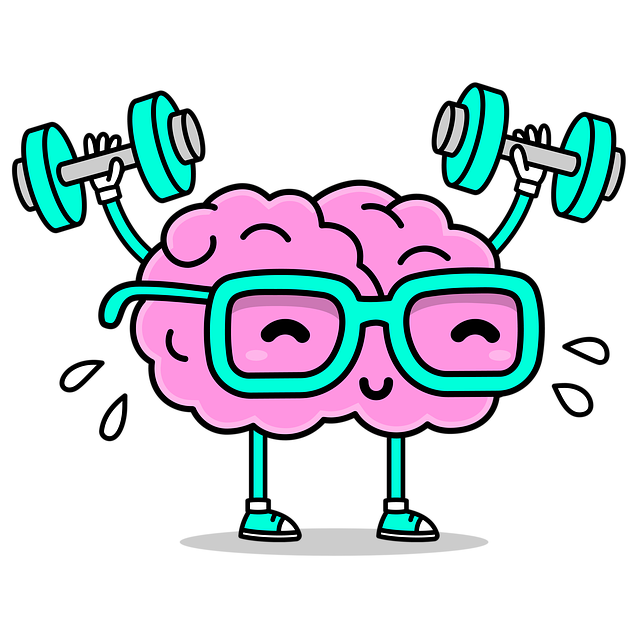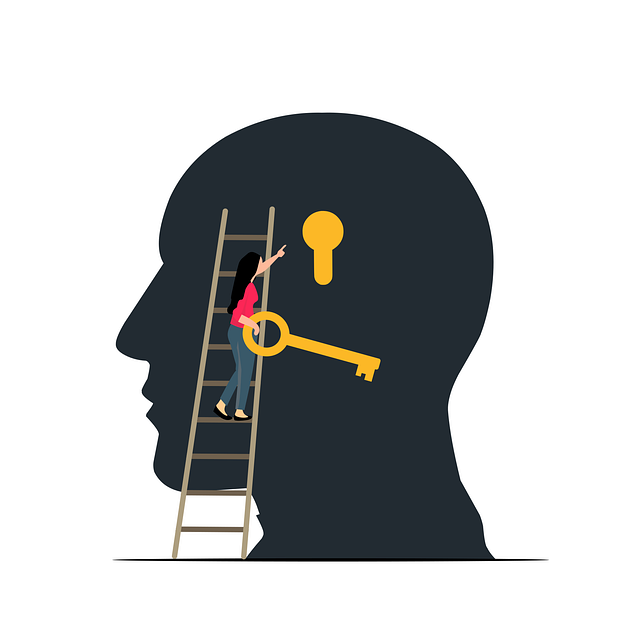Longmont Therapy for Therapists-Clinicians offers a specialized approach to mental health care, focusing on improving social skills and reducing stigma. Through tailored self-awareness exercises, stress reduction techniques, and holistic strategies, therapists help clients develop healthy routines and alleviate fear/anxiety in social settings. This program equips professionals with tools to enhance therapeutic outcomes, navigate complex cases, and foster personal growth while delivering exceptional care.
Social skills training is a vital component of mental health care, addressing the often-overlooked impact of conditions like anxiety, depression, and autism on social interactions. This comprehensive guide explores effective strategies for therapists and clinicians in Longmont to enhance their patients’ social abilities. We delve into understanding the unique challenges presented by mental health issues, the therapist’s role in teaching practical skills, and key techniques such as role-playing and simulated scenarios. Discover resources designed to support continuous learning and facilitate successful outcomes in Longmont therapy sessions.
- Understanding the Impact of Mental Health on Social Interactions
- The Role of Therapists in Teaching and Practicing Social Skills
- Effective Strategies for Longmont Therapy Sessions
- Incorporating Role-Playing and Simulated Scenarios
- Resources and Tools for Continuous Learning and Support
Understanding the Impact of Mental Health on Social Interactions

Mental health conditions can significantly shape and impact an individual’s social interactions, often presenting unique challenges in various settings. Conditions such as depression, anxiety disorders, or bipolar disorder may cause individuals to withdraw from social activities, struggle with communication, or exhibit behaviors that deter others. In these cases, Longmont Therapy for Therapists-Clinicians offers a specialized approach to address the complex interplay between mental health and social skills.
Understanding these dynamics is crucial in developing effective treatment strategies. Therapists play a vital role in helping clients cultivate self-awareness exercises and stress reduction methods tailored to their specific needs. By integrating Self-Care Routine Development for Better Mental Health into therapy, individuals can learn to navigate social situations more comfortably. This holistic approach not only enhances their relationships but also contributes to overall well-being, enabling them to actively participate in the community without fear or anxiety.
The Role of Therapists in Teaching and Practicing Social Skills

Therapists play a pivotal role in teaching and practicing social skills essential for managing mental health conditions. Through Longmont Therapy for Therapists-Clinicians, professionals learn effective strategies to help clients navigate social interactions, reduce the impact of mental illness stigma, and foster self-esteem improvement. These sessions equip therapists with tools to identify and address barriers to social engagement, enabling them to guide their patients towards more fulfilling and supportive relationships.
In addition to enhancing clinical skills, these training programs emphasize burnout prevention strategies for healthcare providers. By mastering techniques that promote healthy boundaries and emotional resilience, therapists can not only improve their own well-being but also create a safer, more nurturing environment for their clients. This holistic approach ensures that mental health support is not just professionally competent but also empathetic and enduring.
Effective Strategies for Longmont Therapy Sessions

In Longmont Therapy for Therapists-Clinicians sessions, incorporating effective strategies is key to fostering positive outcomes. One such strategy is mental health education programs design tailored to address specific mental wellness challenges. By equipping individuals with a deeper understanding of their condition and coping mechanisms, therapists can empower clients to actively participate in their healing journey. This approach not only enhances the therapeutic process but also promotes self-efficacy.
Additionally, integrating conflict resolution techniques into Longmont therapy sessions can significantly benefit clients managing mental health conditions. These skills enable individuals to navigate interpersonal interactions more effectively, reducing potential triggers and stressors. Through role-playing exercises and guided discussions, therapists can teach clients peaceful conflict management strategies that foster healthier relationships and an improved sense of well-being.
Incorporating Role-Playing and Simulated Scenarios

Resources and Tools for Continuous Learning and Support

Social skills training is a powerful tool in mental health treatment, especially when delivered by trained therapists using evidence-based strategies. By incorporating role-playing and simulated scenarios into Longmont therapy sessions, clinicians can help individuals with mental health conditions navigate social interactions more effectively. Resources and tools for continuous learning and support ensure that both therapist and client can benefit from ongoing development. Longmont therapy for therapists-clinicians offers a comprehensive approach to improving patient outcomes by addressing the vital connection between social skills and mental well-being.










